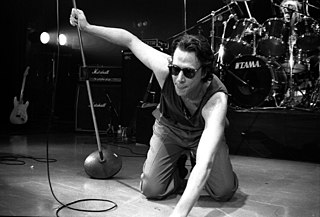A Quote by Arthur Phillips
The memoir industry is, what's the word? Under regulated. I think it needs to be pruned. If there are too many books right now and the market for readers is shrinking, I think we can get rid of many of the memoirs. Another memoir should be awfully well justified before it gets published.
Related Quotes
After I wrote my memoir, 'A Long Way Gone,' I was a bit exhausted. I didn't want to write another memoir; I felt that it might not be sane for one to speak about himself for many, many, many years in a row. At the same time, I felt the story of 'Radiance of Tomorrow' pulling at me because of the first book.
Memoirs are going to be problematic sells for a while, though, because even if memoir means "based in memory," right now, in the collective mind, memoir means "recovery." When my agent and I started looking at small presses the possibility for my book, I realized most small presses were not publishing memoir, because they don't want to be associated with the genre that Mary Karr calls, half-facetiously, "literature's trashy cousin."
All the authors who've ultimately published Louder Than Words memoirs have been very happy to be chosen and excited about the possibility of having their memoir published. Even though these books deal with serious, often painful, issues, in all cases the authors felt as though writing their story would be an empowering and healing experience.
At its best, fiction cultivates fantasy and compassion; at its worst, memoir provokes schadenfreude and prurience. The ugly truth, I fear, is that many people are drawn to sensational memoirs for the same reason they watch 'The Apprentice': they like to witness actual suffering, before-your-very-eyes humiliation.
In terms of style, I think the memoirist should have a novelist's skill and all the elements of a novelist's toolbox. When I read a memoir, I want to really, deeply experience what the author experienced. I want to see the characters and hear the way they speak and understand how they think. And so in that way, writing a memoir feels similar to writing a novel.
From the essay "Twenty-five Things People Have a Shocking Capacity to Be Surprised by Over and Over Again" 1. Journalists sometimes make things up. 2. Journalists sometimes get things wrong. 3. Almost all books that are published as memoirs were initially written as novels, and then the agent/editor said, This might work better as a memoir. 6. Freedom of the press belongs to the man who owns one.
If you can propose a memoir, even if you are eighteen years old - and what do you remember? What are you memeing? If you can propose a memoir, I believe someone will pay you to write it. And you will get a contract for nonfiction. And if it is about victimology in one way or another than you'll get more money. It's a sensation.







































